Why Study in Denmark?
Denmark is known for its world-class universities, student-friendly cities, and innovative teaching methods that emphasize critical thinking and problem-solving. Many programs are taught in English, making it an attractive destination for international students. Tuition is free for EU/EEA students, while non-EU students pay fees ranging from 6,000 to 16,000 EUR per year, depending on the course and university. The country also offers generous scholarship opportunities to help students with their financial needs.
What to Know
University System & Admissions
Denmark has eight major universities, including the University of Copenhagen, Aarhus University, and the Technical University of Denmark, all of which rank among the best in Europe. Bachelor’s programs typically last three years, while master’s programs take two years to complete. Admissions are competitive, and requirements include a recognized high school diploma, proof of English or Danish proficiency, and, in some cases, entrance exams or interviews. Applications are submitted through optagelse.dk for undergraduate programs and directly to universities for master’s degrees.
Student Visa & Residence Permit
EU/EEA students do not need a visa but must register for a CPR number upon arrival. Non-EU students must apply for a student residence permit, which requires proof of admission, financial means (around 6,500 DKK per month), and health insurance. The processing time can take up to 60 days, so applying early is essential. A student visa also allows part-time work (up to 20 hours per week) during the semester and full-time during holidays.
Student Housing & Cost of Living
Finding student housing in Denmark can be challenging, especially in cities like Copenhagen and Aarhus. University dormitories are available but limited, so many students opt for private rentals or shared housing. Rent typically ranges from 3,000 to 6,000 DKK per month, depending on location. The overall cost of living is high, but students can save money by cooking at home, using public transport with a youth discount card, and taking advantage of student discounts on entertainment and shopping.
Life as a Student in Denmark
Student life in Denmark is vibrant and social, with universities offering various student organizations, sports clubs, and cultural activities. The Danish education system promotes group work and collaboration, making it easy to build connections. Many international students find part-time jobs in cafés, retail, or tutoring, which helps with expenses and integration into Danish society. Social events, especially those centered around hygge, help students make friends and feel at home.
Is Denmark the Right Study Destination for You?
Studying in Denmark offers a unique academic experience with a strong focus on innovation, sustainability, and work-life balance. While tuition can be expensive for non-EU students, the quality of education, career opportunities, and cultural experiences make it a worthwhile investment. If you’re looking for a modern, internationally oriented education, Denmark is an excellent choice.
Recommended content
Explore Denmark
Vil Du Lære Dansk?
The Danish language can be a challenge, but it’s also a gateway to deeper integration and everyday ease in Denmark. In this guide, we explore how to learn Danish, what resources are available, and why even basic skills can make a big difference. Whether you’re just starting out or looking to improve, this is your roadmap to mastering Danish.
Danish Work-Life Balance
Denmark is world-renowned for its exceptional work-life balance, where a 37-hour workweek, flexible schedules, and generous vacation time are the norm. In this guide, we break down what makes Danish workplace culture so unique, how it benefits both employees and employers, and what you can expect when working in Denmark. If you’re seeking a healthier balance between work and life, Denmark sets the gold standard.
Featured Articles
Is Greenland Part of Denmark? It’s Complicated.
Greenland is part of the Kingdom of Denmark—but with a twist. While it has its own government and growing independence, Denmark still plays a major role in areas like foreign policy and funding. In this section, we break down the unique political, cultural, and economic relationship between Greenland and Denmark—what connects them, what separates them, and why it matters today.
Sorry Britannia—Denmark Really Does Rule the Waves. Here’s Why.
Denmark punches well above its weight when it comes to the sea. From global shipping giants to cutting-edge green maritime tech, Denmark has quietly become a world leader on the water. In this article, we dive into how this small nation outpaces the competition—and why it might just be the true ruler of the waves.
Contact/FAQs/Articles
Contact Us Anytime
Reach out to us for personalised advice or to schedule a consultation.
Thinking about moving to Denmark? We’re here to help! Whether you need guidance on work visas, residency permits, housing, or life in Denmark, our team is ready to provide clear, advice tailored to your situation.
FAQs about Moving to Denmark
Your Essential Questions Answered: Everything You Need to Know About Moving to Denmark.
Learn More About Work/Life in Denmark
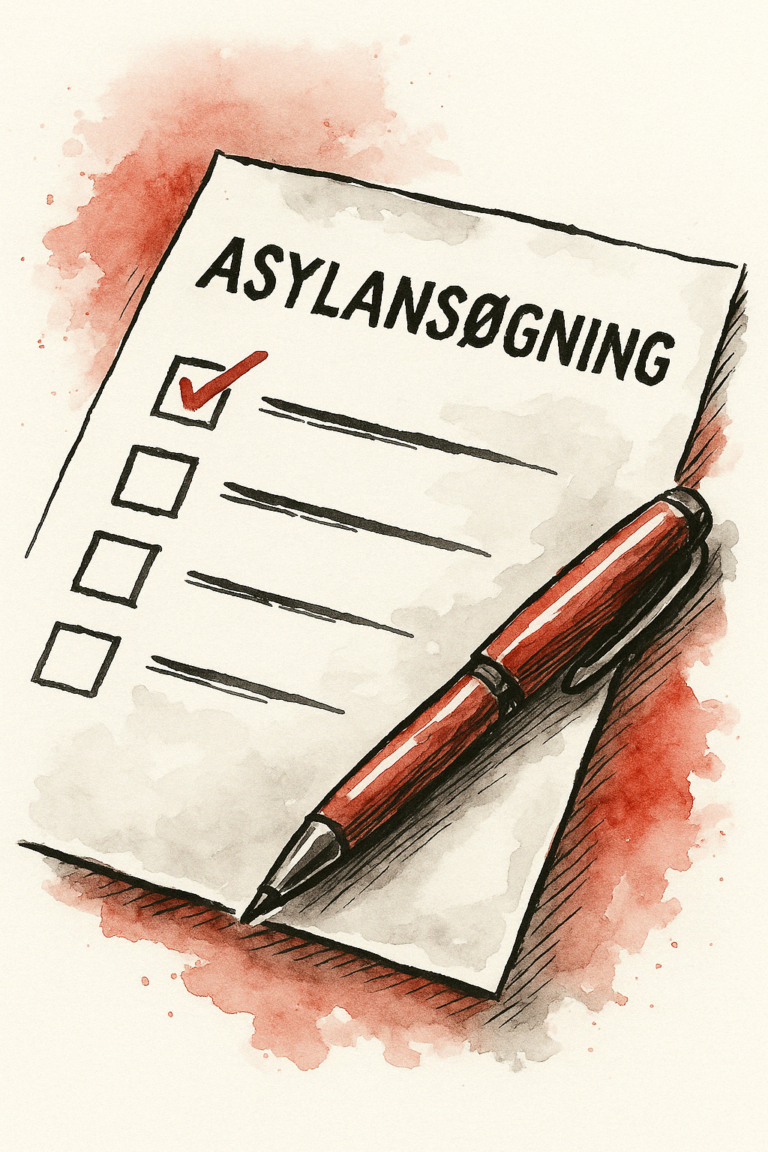
Special Visas Including Asylum in Denmark
Understanding special visas including asylum in Denmark is essential if you seek protection or specialized residency due to unique circumstances. This step-by-step guide will walk you logically through the entire process, clearly explaining each crucial stage. 1. Types of Special…
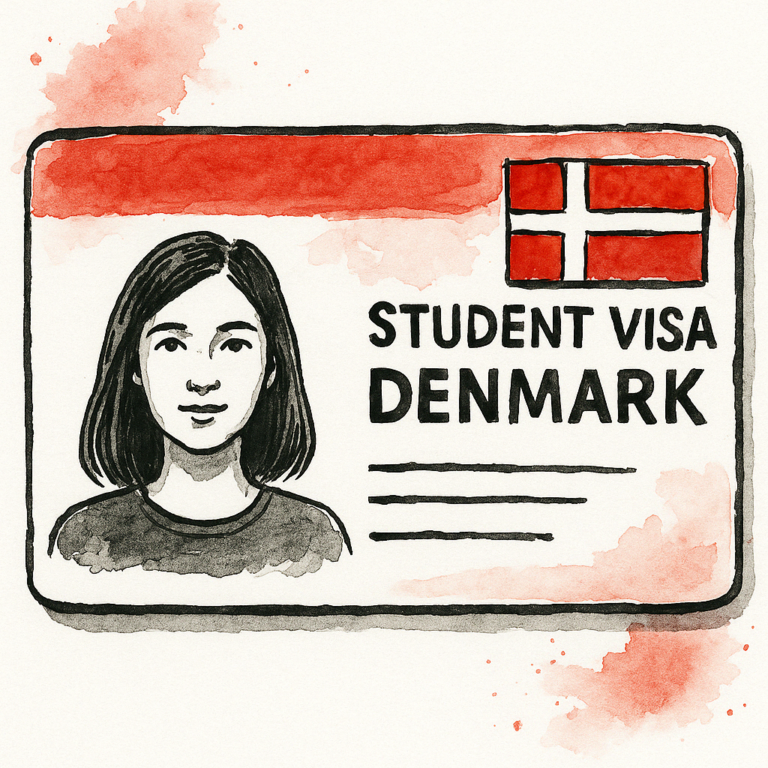
Study and Other Visas in Denmark
If you plan to study or stay in Denmark for reasons other than employment or family reunification, understanding the process of obtaining study and other visas in Denmark is crucial. This detailed guide covers everything from eligibility criteria to the…
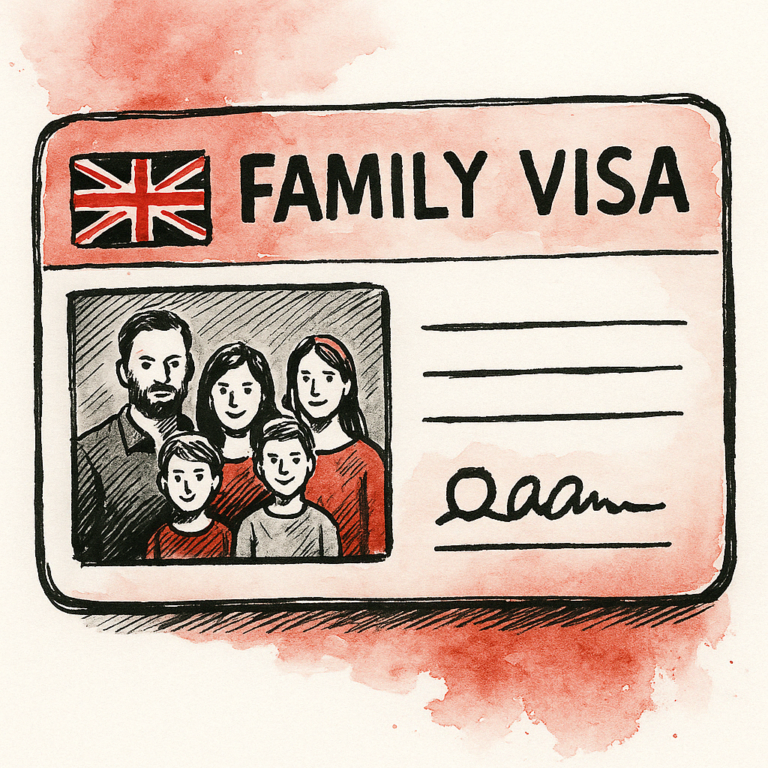
Family Reunification Visa in Denmark
If you’re planning to join your family in Denmark, understanding the process and requirements of a family reunification visa in Denmark is crucial. This guide thoroughly explains the application process, eligibility criteria, and compliance to help you smoothly reunite with…
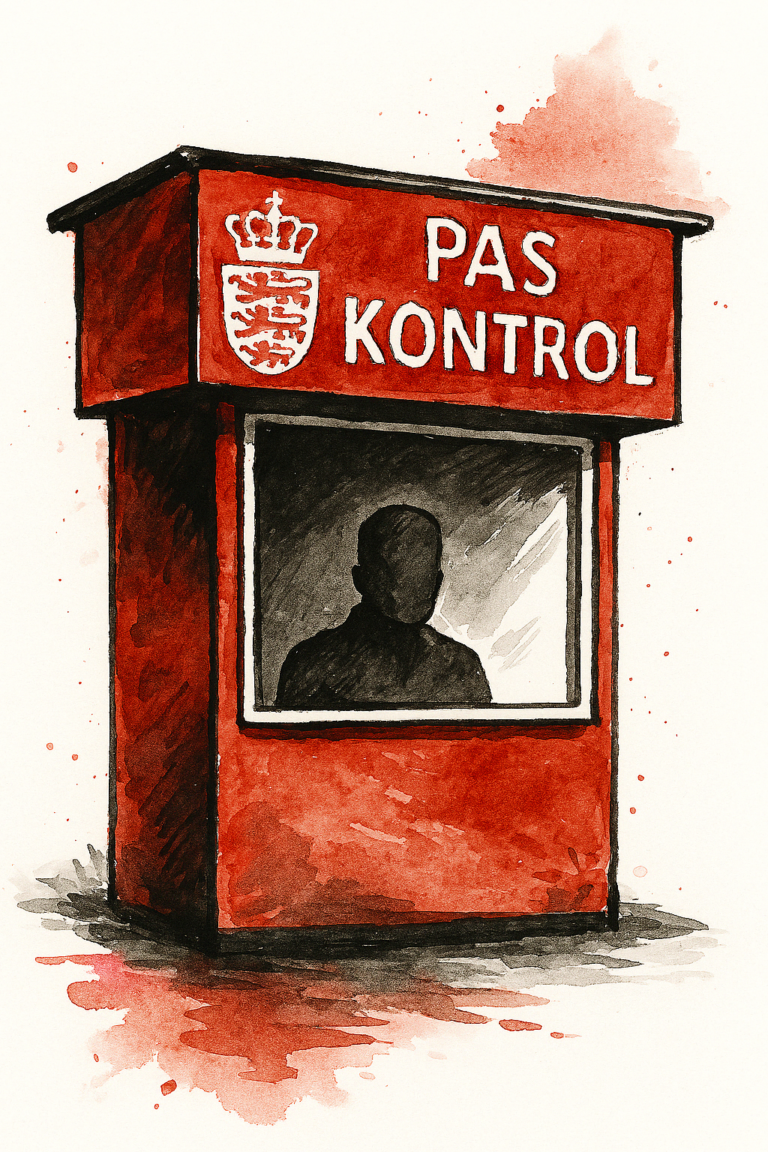
Long-Stay Visas & Residence Permits in Denmark
If you’re planning an extended stay in Denmark for work, study, or family reunification, understanding Long-Stay Visas (National Visas & Residence Permits in Denmark) is essential. This comprehensive guide covers the necessary steps, documentation, and compliance rules to smoothly navigate…
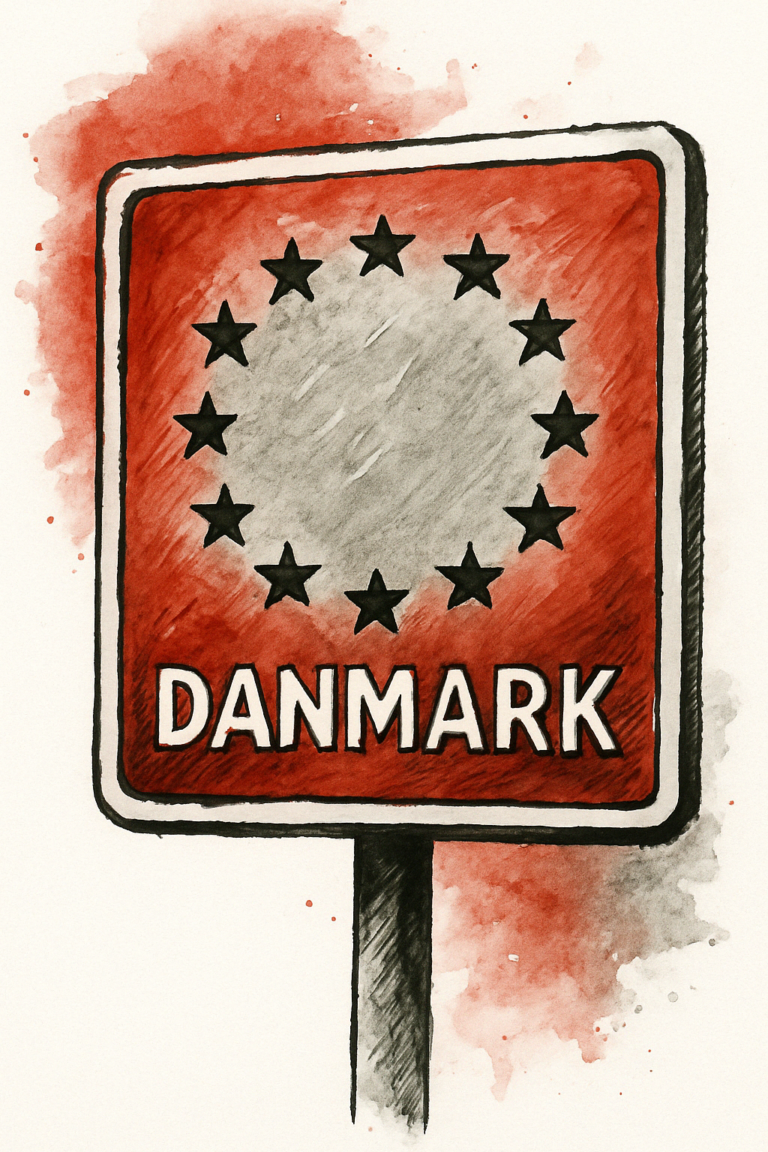
Short-Stay Visas in Denmark
Understanding short-stay visas (Schengen visas) is essential if you’re planning to visit Europe for tourism, business, or personal reasons. This guide provides comprehensive details on obtaining, using, and complying with the Schengen Visa rules, ensuring your travel plans go smoothly….
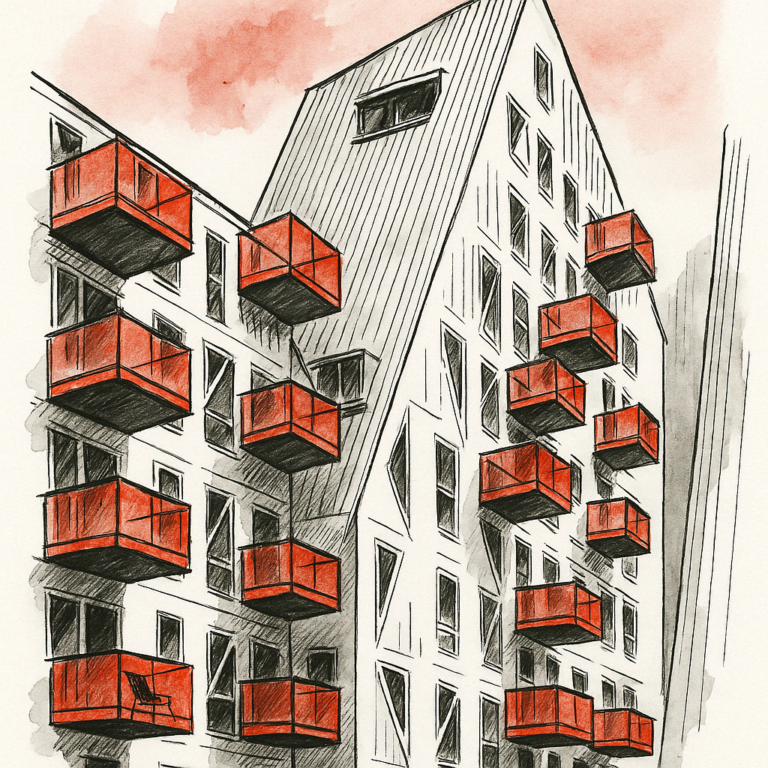
Healthcare in Denmark
Healthcare in Denmark is universally regarded as one of the best systems in the world. The country provides a high standard of healthcare services to its residents and expats, offering universal access through its publicly funded system. Whether you’re moving…
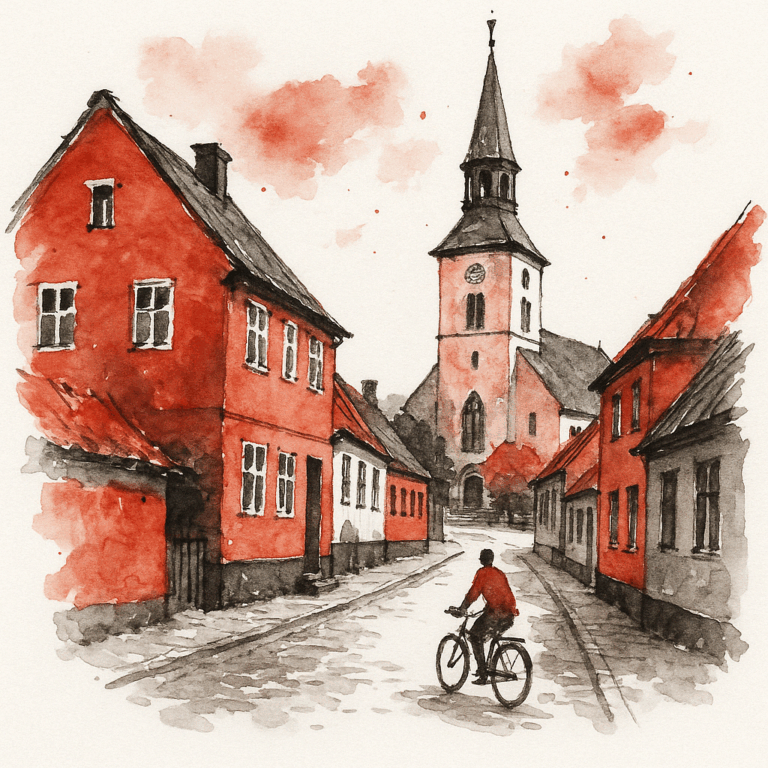
Everyday Life & Practicalities in Denmark
Everyday life & practicalities in Denmark are essential aspects for anyone planning to live, work, or travel to Denmark. Whether you’re a new expat, a tourist, or just curious about Danish culture, understanding how things work on the ground will…

Healthcare & Well-being in Denmark
Understanding healthcare & well-being in Denmark is essential for expats looking to settle in the country. Denmark offers a robust healthcare system that is publicly funded and provides a wide range of services for both residents and visitors. This guide…

Danish Language Courses Copenhagen for Expats
If you’re an expat living in Copenhagen, learning Danish is one of the most important steps to integrate into Danish society. Whether you’re looking for free Danish classes Copenhagen for foreigners, affordable Danish language schools Copenhagen, or intensive Danish courses…
